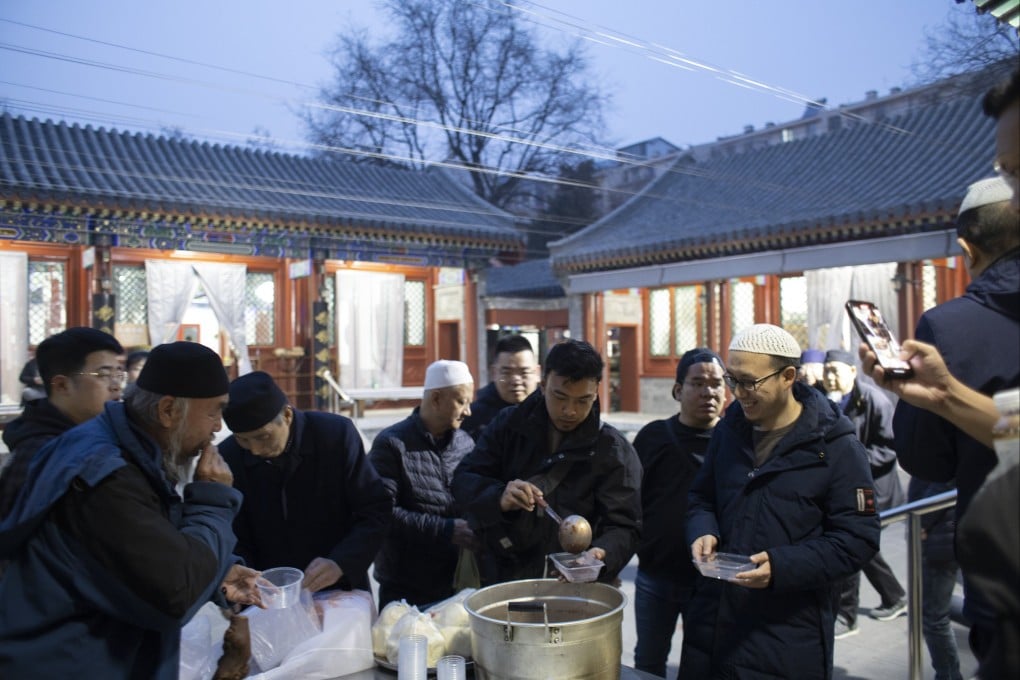Letters | What China taught me about religious tolerance
Readers discuss the experience of life in China as a Muslim, and the law on land occupancy in Malaysia

It has now been several weeks since I embarked on an interventional cardiology fellowship at Rizhao International Heart Hospital, a private hospital affiliated with Qingdao University, in Shandong province.
According to CEOWorld magazine’s list of “World’s Most Religious Countries 2024”, Indonesia is the seventh most religious country, with a score of 98.7 out of 100. Meanwhile, China was listed as having the highest percentage – 91 per cent – of atheists in the world.
Initially, like many Indonesian Muslims who travel to China, my biggest concern was food as many Chinese dishes contain pork. There is very little information available about Rizhao online. Personally, I am an arek Suroboyo (a person from Surabaya) who carries the “Bonek” (dare-to-risk) spirit, so I am used to taking risks and adapting quickly.
When we first arrived in Rizhao, my colleague, a cardiologist from Lombok, and I were welcomed with a dinner at the hospital. We were asked if we drank alcohol. When we explained that being Muslims, we do not consume pork or alcohol, we were served halal food.
Our accommodation is about 1.5km from the hospital, and there are no 24-hour convenience stores or restaurants nearby. So, every day, we have all three meals at the hospital’s cafeteria. At first, we had to ask which items were halal. But by the third day, they had already separated the halal and non-halal food, so we no longer had to worry about what we could eat.